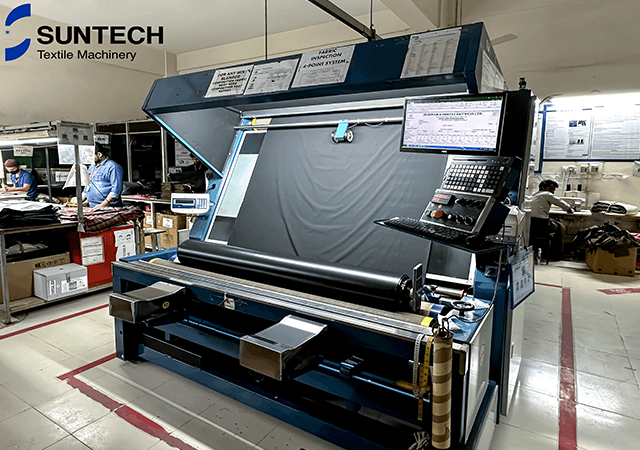The textile, textile products, and apparel manufacturing sector comprise dynamic enterprises involved in the intricate process of transforming fibers into a diverse array of products. These enterprises not only contribute to the creation of consumer goods but also serve as vital inputs for various industries. The utilization of both natural and synthetic fibers forms the basis for the production of yarns and threads, which, in turn, are woven, knitted, pressed, or bonded into fabrics, as well as utilized in the creation of ropes, cords, and twines. Additionally, coatings and finishing agents are applied to fabrics to augment decorative patterns or imbue fabrics with desirable qualities such as durability and stain resistance.
Fabrics find applications in the manufacturing of a wide range of products, including awnings, tents, carpets, and rugs, as well as everyday items like curtains, tablecloths, towels, and bed sheets. However, the primary focus remains on the production of clothing. The apparel manufacturing industry encompasses the production of diverse knitwear products like socks, shirts, sweaters, and underwear, as well as woven garments including dresses, suits, shirts, and trousers.
This industry is broadly categorized into three sectors: textile mills, textile product mills, and apparel manufacturing.
Textile Mills:
Textile mills play a pivotal role in providing the raw materials essential for the production of clothing and textile products. They utilize both natural and synthetic materials, transforming them into fibers, yarns, and threads. Yarn, a fundamental component in textile production, is created from materials like cotton, wool, or synthetic fibers. Complex automated looms are then employed in weaving or knitting the yarn into cloth. The fabric may undergo additional finishing processes, such as dyeing and bleaching, to enhance its appearance, texture, or performance.

Textile Product Factory:
The textile product factory takes raw textile materials and transforms them into finished products beyond clothing. This sector specializes in producing a diverse range of items, including household products like carpets, rugs, towels, curtains, and bed sheets, as well as industrial products like ropes, twines, furniture, automotive interiors, belts, and fire hoses.
Apparel Manufacturing:
Apparel manufacturing represents the transition from textile production to the clothing and accessories industry. Traditionally characterized by labor-intensive processes such as cutting and sewing on assembly lines, the industry has seen advancements in technology and workplace practices. However, in a bid to reduce costs, many companies outsource production to countries with lower labor expenses.
In summary, the textile, textile products, and apparel manufacturing industry is a multifaceted and vital sector that not only provides essential products for consumers but also serves as a foundational element for various other industries. Advances in technology, coupled with evolving global practices, continue to shape the landscape of this industry.
In various stages of the textile process, post-finishing and warehouse handling require manual management and operation due to the high demands for quality, speed, and efficiency. These processes are the most labor-intensive and incur the highest labor costs. SUNTECH Textile Machinery, as a specialist in textile equipment automation, assist textile manufacturers with a range of textile machine products including but limited to fabric cutting machine, fabric inspection machine and fabric relaxing machine. By reducing working time and physical exertion, thus saving labor and costs, significantly improving production efficiency, and solving the most challenging issues during textile manufacturing.




